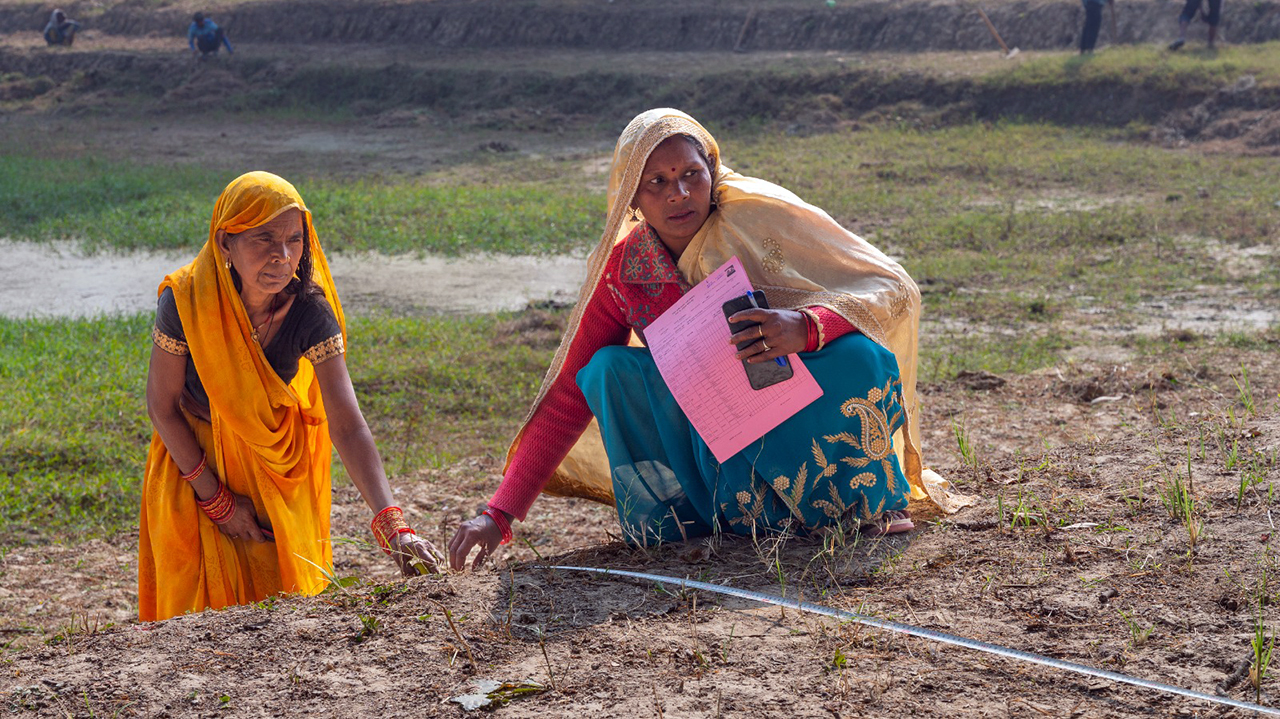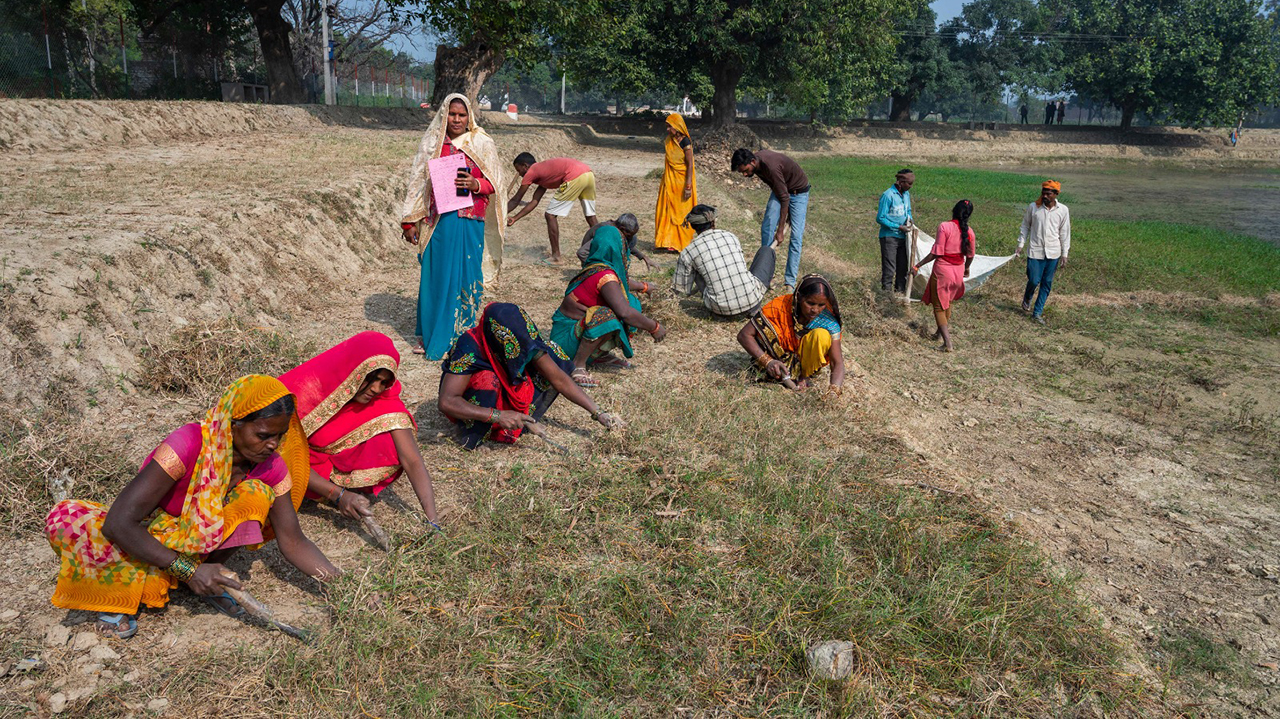When Women Work

When Women Work
This is a story of women breaking barriers in rural landscape of Uttar Pradesh and emerging as role models for other states
“No country can ever truly flourish if it stifles the potential of its women and deprives itself of the contributions of half its citizens”
-Michelle Obama
Women empowerment can be seen as a key indicator for assessing the impact of development programs that focus on women and work on social inclusion and livelihoods. The ethos of strengthening community institutions and thereby ensuring women’s economic empowerment are deeply embedded in the culture of Project Concern International (PCI) India. Through its innovative approach, PCI India has implemented multiple women-centric programs at scale by partnering with national and state governments which have resulted in facilitating an enabling and equitable system for underprivileged women.
A Step towards Empowerment
In Uttar Pradesh, PCI India has undertaken initiatives and co-created strategies with the Department of Rural Development and demonstrated the impact that is paving the way for strong and resilient communities. An engagement worth mentioning is the Mahila Mate Policy, an all-women supervisory cadre of semi-skilled labourers deployed in MGNREGS site – with the intention of not just empowering them economically but also enabling them to emerge as role models who encourage more women participation. It is an initiative conceptualized in convergence with UP State Rural Livelihoods Mission (UPSRLM). For this initiative, PCI India has assisted the state government in drafting the policy of Mahila Mate, in providing a digital solution for gender equity, and in mainstreaming, handholding, and capacity building of stakeholders, in addition to providing an embedded team to support the initiative.
Witnessing Change
UP had been among the states with the lowest rate of women participation in MGNREGS. Despite having wage parity, UP projected a bleak picture with only 33.5% of women participating in the MGNREGS workforce (FY 20-21). However, after the deployment of Mahila Mates in March 2021, a steady upsurge has been seen to ~37.37% (4% jump). ~30 lakh women have been provided employment in MGNREGS in UP in current FY.
 In FY 22-23, around 27,745 Mahila Mate have been deployed in UP and the state has ranked 2nd in deployment with total working days being 43 Lakh. They have been drawing wages in the range of INR 290-405 per day against the wage of INR 213 for unskilled labourers. Further, looking at the impact which this policy has created, the state Government has increased the target of deployment of Mahila Mate from 35,000 to 58,000. The initiative is also facilitating the achievement of Sustainable Development Goals (SDGs) 1, 5 and 10. This is a story of women breaking barriers in rural landscape of UP and emerging as role-models for other states.
In FY 22-23, around 27,745 Mahila Mate have been deployed in UP and the state has ranked 2nd in deployment with total working days being 43 Lakh. They have been drawing wages in the range of INR 290-405 per day against the wage of INR 213 for unskilled labourers. Further, looking at the impact which this policy has created, the state Government has increased the target of deployment of Mahila Mate from 35,000 to 58,000. The initiative is also facilitating the achievement of Sustainable Development Goals (SDGs) 1, 5 and 10. This is a story of women breaking barriers in rural landscape of UP and emerging as role-models for other states.
Lending visibility to such an initiative PCI has advocated for replication of Mahila Mate initiative in Bihar as well, for which the state government has also come up with a dedicated policy and has engaged PCI India team to roll out the initiative. These recent developments in MGNREGS have undoubtedly given more economic and social power to women.
– By Divya Verma, Program Associate (Technical), Uttar Pradesh, PCI India
